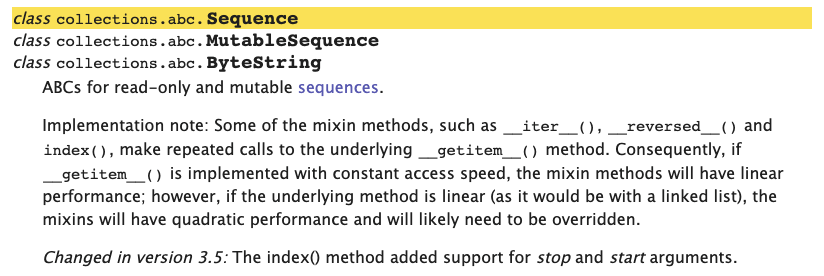Testing it all together
This post is followed by this article. If you want to take a look at GitHub commit, then please visit here.
Integration testing in Django
What we want to do here is creating test cases for mimicking a web browser works; sending a post request with test code. We want to develop a test case in our example. In our example, we can make a post request to API service by selecting a choice from each question. So, we create a test code for that case.
Snippet of test code
from django.test import TestCase
from django.test import Client # [1]
from django.urls import reverse # [2]
from model_mommy import mommy
class TestVoteViewIntegration(TestCase):
def setUp(self):
self.client = Client()
self.question_model = mommy.make('polls.Question')
self.choice_models = mommy.make(
'polls.Choice',
question=self.question_model,
_quantity=3
)
def test_post_success(self):
choice = self.choice_models[0]
response = self.client.post(
reverse(
'polls:vote_results',
kwargs={'pk': choice.question.id}
),
{'choice': choice.id},
follow=True
)
self.assertIn(302, response.redirect_chain[0])
self.assertTemplateUsed(response, 'polls/results.html')
def test_post_failure(self):
choice = self.choice_models[0]
response = self.client.post(
reverse(
'polls:vote_results',
kwargs={'pk': choice.question.id}
),
follow=True
)
self.assertIn(302, response.redirect_chain[0])
self.assertTemplateUsed(response, 'polls/detail.html')
To create a test case, there will be 2 scenarios; success or failure. We create 2 test methods. The Client [1] from django.test work as a web browser. It can send requests and back. The reverse [2] helps us to determine the actual URL by string arguments. The string tag will be designated on the ‘urls.py’ file.





Leave a comment